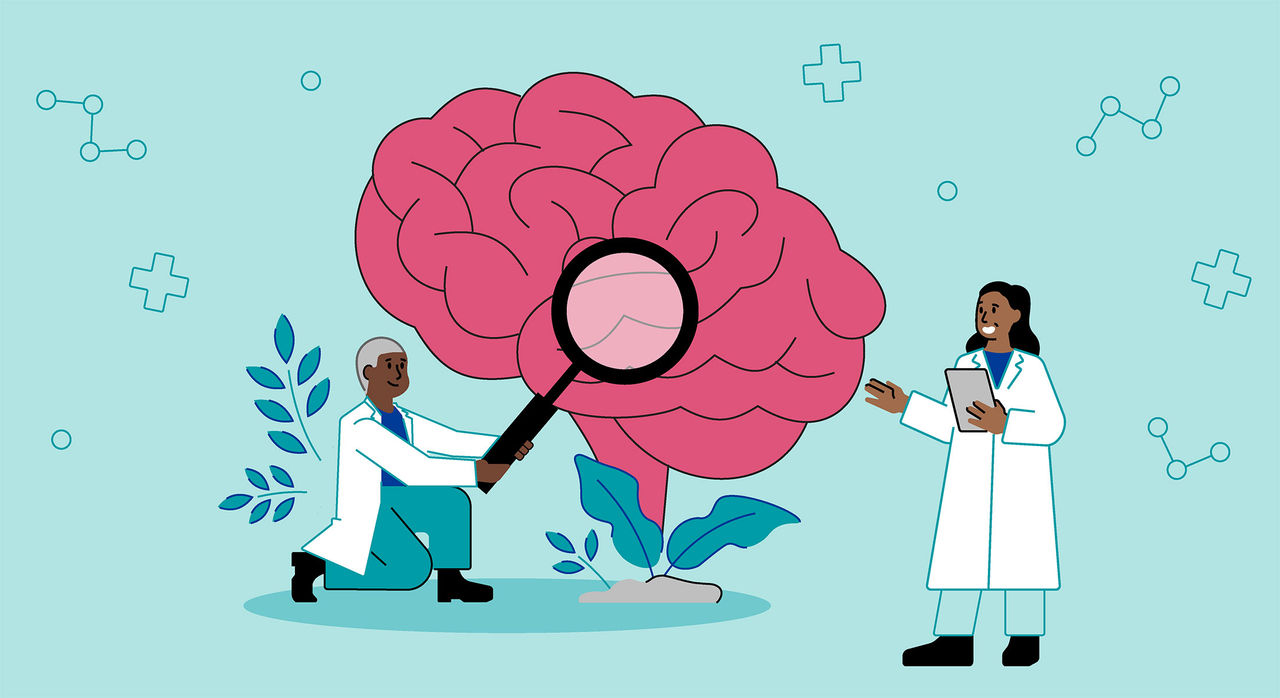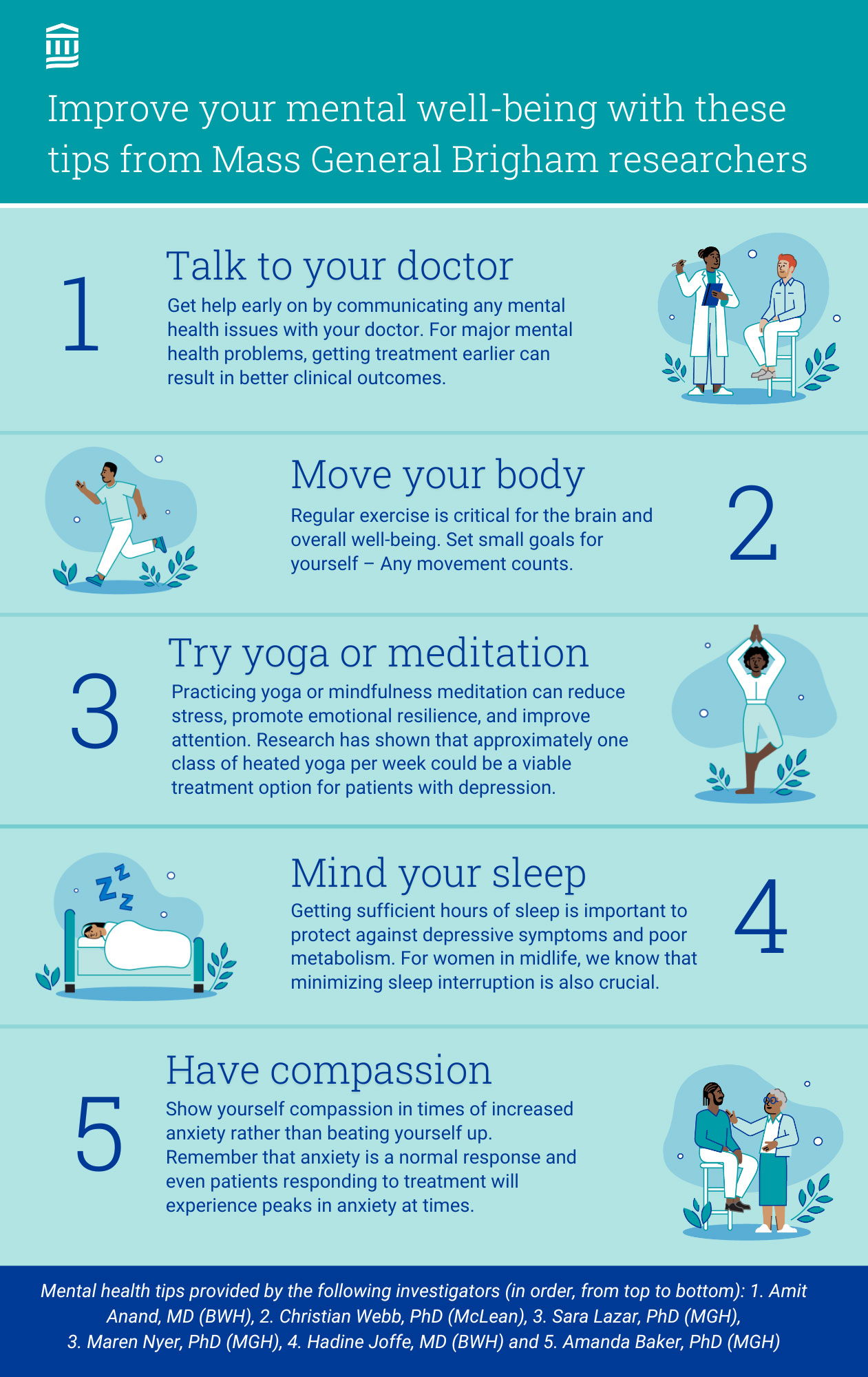-
- Find Care
-
- Visitor Information
- Find a Location
- Shuttles
- Visitor Policies
-
-
-
- Our Virtual Care Options
- Virtual Urgent Care
- Virtual Visits for Primary & Specialty Care
- Online Second Opinions
- Participate in Research
-
- Contact us
-
- For Innovators
- Commercialization Guide for Innovators
-
-
- Research News
- Alzheimer's Disease
- Artificial Intelligence
-
- Overview
-
- Overview
- Getting Started
- New to Mass General Brigham
- International Patient Services
- What Is Patient Gateway?
- Planning Your Visit
- Find a Doctor (opens link in new tab)
- Appointments
- Patient Resources
- Health & Wellness
- Flu, COVID-19, & RSV
- Billing & Insurance
- Financial Assistance
- Medicare and MassHealth ACOs
- Participate in Research
- Educational Resources
- Visitor Information
- Find a Location
- Shuttles
- Visitor Policies
- Find Care
-
- Overview
- Our Virtual Care Options
- Virtual Urgent Care
- Virtual Visits for Primary & Specialty Care
- Online Second Opinions
-
- Overview
- Participate in Research
-
- Overview
- About Innovation
- About
- Team
- News
- For Industry
- Venture Capital and Investments
- World Medical Innovation Forum (opens link in new tab)
- Featured Licensing Opportunities
- For Innovators
- Commercialization Guide for Innovators
- Contact us
-
- Overview
- Information for Researchers
- Compliance Office
- Research Cores
- Clinical Trials
- Advisory Services
- Featured Research
- Two Centuries of Breakthroughs
- Advances in Motion (opens link in new tab)
- Brigham on a Mission (opens link in new tab)
- Gene and Cell Therapy Institute
- Research News
- Alzheimer's Disease
- Artificial Intelligence
-
- Overview
-
- Overview
- Residency & fellowship programs
- Brigham and Women's Hospital
- Massachusetts General Hospital
- Mass Eye and Ear
- Newton-Wellesley Hospital
- Salem Hospital
- Integrated Mass General Brigham Programs
- Centers of Expertise
- Global & Community Health
- Health Policy & Management
- Healthcare Quality & Patient Safey
- Medical Education
- For trainees
- Prospective trainees
- Incoming trainees
- Current trainees
- Continuing Professional Development
Innovative Treatments Hold Promise for Mental Health

May is Mental Health Awareness Month, an important time to reflect on our own mental health and the future of care.
With nearly one in five adults living with a mental illness, finding innovative new approaches to diagnosis, treatment and prevention is crucial for improving the lives of millions of people.
Investigators across Mass General Brigham are working to do just that. We've asked our researchers to share highlights from their ongoing work and tell us about innovative approaches to improving mental health and wellbeing.
Five mental health tips from our researchers

1. Talk to your doctor
Get help early on by communicating any mental health issues with your doctor. For major mental health problems, getting treatment earlier can result in better clinical outcomes.
2. Move your body
Regular exercise is critical for the brain and overall well-being. Set small goals for yourself – any movement counts.
3. Try yoga or meditation
Practicing yoga or mindfulness meditation can reduce stress, promote emotional resilience, and improve attention. Research has shown that approximately one class of heated yoga per week could be a viable treatment option for patients with depression.
4. Mind your sleep
Getting sufficient hours of sleep is important to protect against depressive symptoms and poor metabolism. For women in midlife, we know that minimizing sleep interruption is also crucial.
5. Have compassion
Show yourself compassion in times of increased anxiety rather than beating yourself up. Remember that anxiety is a normal response and even patients responding to treatment will experience peaks in anxiety at times.








